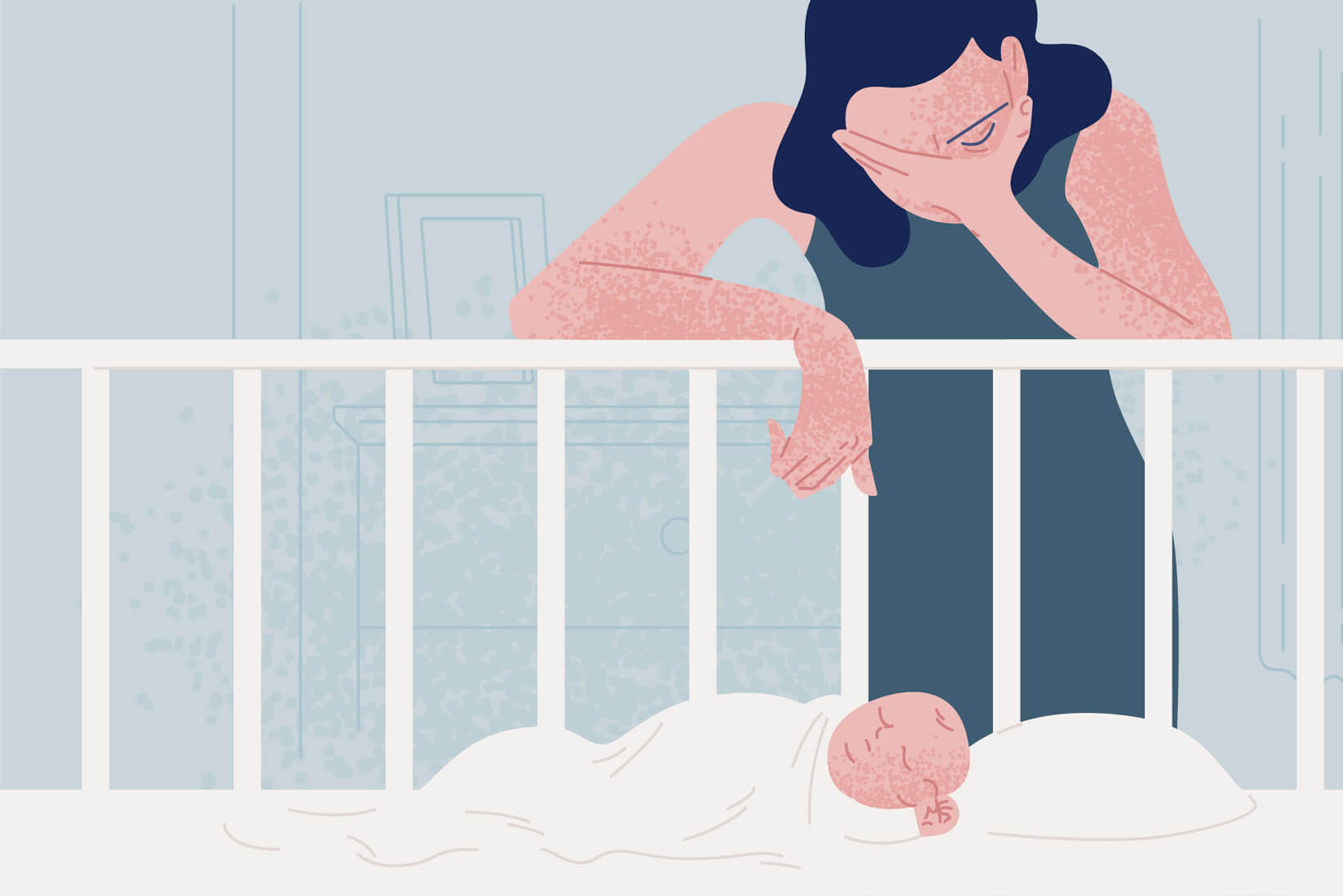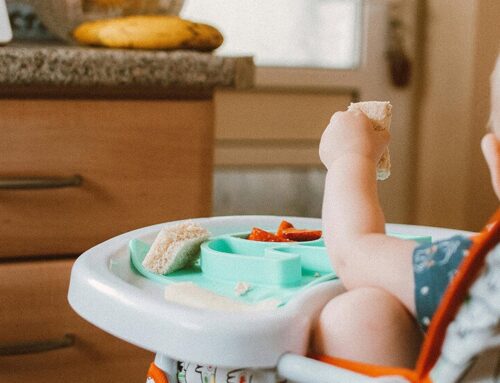Most pregnant parents are understandably focused on when and how their baby will enter the world. This day of birth emphasis is entirely understandable, given the 40 week countdown, the budding belly and the thoughts of how-the-heck-am-I-going-to-get-this-baby-out!?
However, many parents gloss over what comes following the birth, which I would argue is actually more critical. After all, the birthing process lasts 24 hours, give or take. Your child will be with you for many (18?) years. So, let’s look at some practical tips to make that initial transition from pregnancy to new parenthood a success.
Postpartum Care
You likely have a healthcare provider now but have you looked into care following the birth? Checking out postpartum doulas and baby nurses may well be worth the effort. (Do you know the difference between the two? Baby nurses are often not actually nurses, but have experience caring for newborns. They focus exclusively on the baby’s needs. Postpartum doulas take care of the family and some provide breastfeeding support. They often tend to light house cleaning, cooking, errands and demonstrate baby care to parents.) These providers can often book up weeks or months in advance, so it’s wise to interview and line up someone in ahead of time. How do you find these folks? Most neighborhoods in NYC have local parent listservs on groups.io, Google groups and/or Facebook. Hearing from neighborhood parents about resources can give you a place to start your research and help vet candidates.
Breastfeeding Support
If you are planning to breastfeed, know that you might need some help. Your local La Leche League International can be a fantastic source of information and guidance. Meetings are free and run by volunteers. Ask around about lactation support to create a list of people you can call on in case you hit a snag nursing. There are various levels of certification, and someone with an IBCLC has much more training than someone with an LC or CLC. Services like boober offer on-demand lactation help and are worth checking into as well. Having contact ahead of time with someone you feel comfortable with is wise. You may not need to call on them, but knowing that you vetted someone in advance and can reach out if the need arises, can really bring down anxiety levels. Premier Pediatrics has established a breastfeeding program as a part of The First Month that integrates breastfeeding support into their well care. They include visits in specially equipped feeding rooms at a fraction of the cost for a lactation consultation.
Baby’s Healthcare Provider
You will be expected to bring your baby to a first pediatrican’s visit within a few days of the birth. Lining up a provider who shares your philosophy about treating illness, vaccination schedules, and use of medications is key. Most doctors are happy to arrange a prenatal interview to answer your questions. I recommend finding someone with a convenient office location and hours, as schlepping across town with a sick baby is not fun for anyone!
Personal Support
The transition to parenthood can be wonderful, scary, intimidating, exhilarating, and challenging–sometimes all at once. Finding someone with whom you can unpack these mixed up feelings can be a real help. It takes strength to recognize and act when you need extra support. No one was meant to walk this path alone. Oftentimes, parents are far from their own families of origin and don’t have that built in support network. Sometimes people are the first in their cohort of friends to become parents, which can be lonely and isolating. Folks that don’t have kids may not understand what it’s like to face the challenge of parenting here in New York City. Finding a therapist that specializes in helping during pregnancy and beyond can be a huge help. There is no need to suffer with excessive worry, anxiety or depression. Taking care of yourself allows you to best care for your baby.
NOTE: If you are more worried than seems normal, feel more irritable than usual and/or can’t find the joy in your day to day, reach out for help. Postpartum depression and anxiety–which often starts in pregnancy–is THE most common postpartum ailment, is very treatable, AND is not your fault.
About the Author
Olivia Bergeron, LCSW, is a psychotherapist and parent coach who specializes in helping parents. Her NYC-based practice, Mommy Groove Therapy & Parent Coaching, accepts clients at both the Park Slope and Union Square locations. She also offers home visits, phone and FaceTime sessions.




